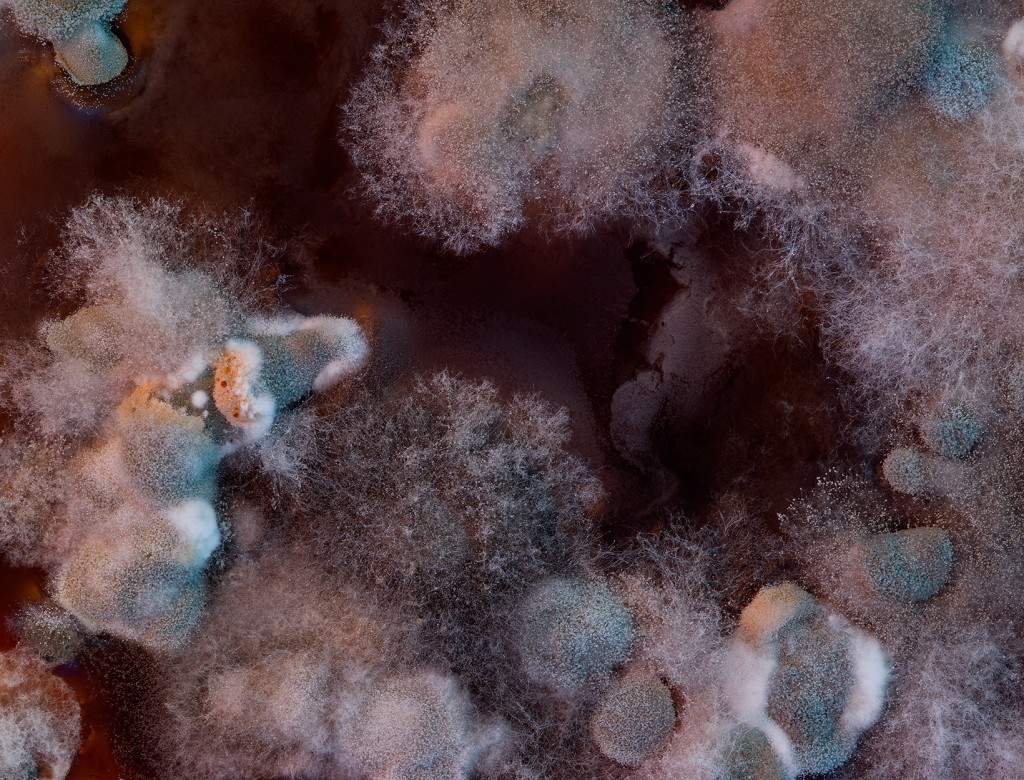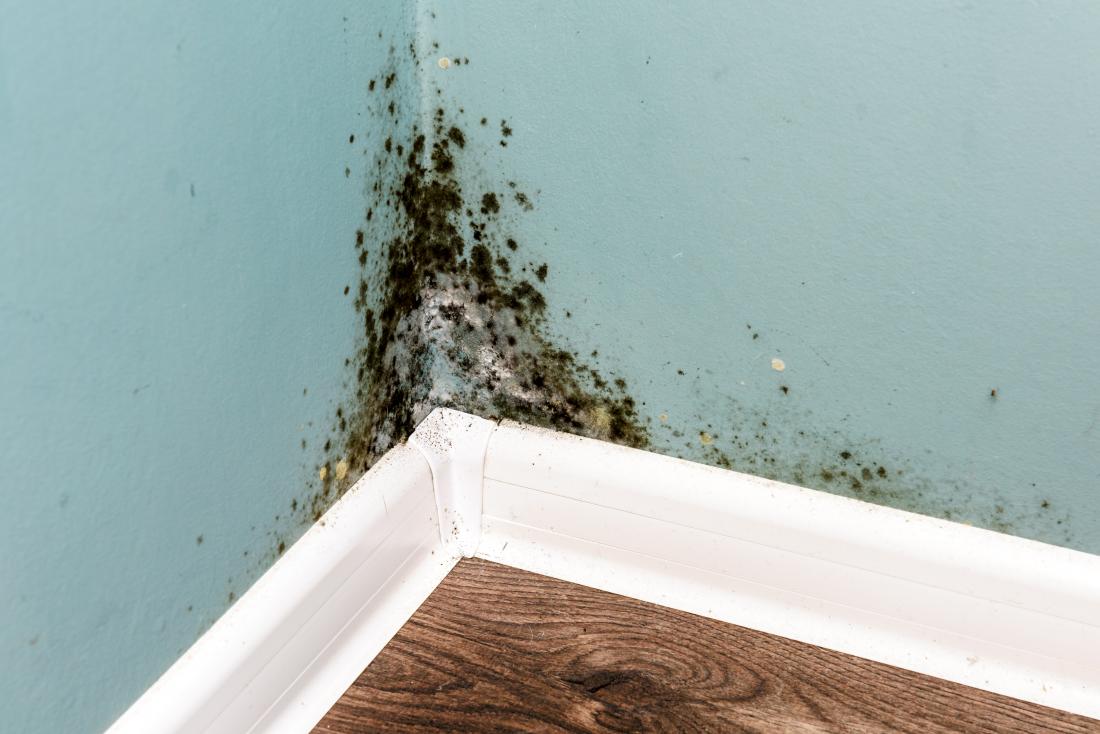Mold allergy symptoms tend to be limited to your respiratory tract eyes and skin such as a runny nose and itchy eyes. By Lisa Petrison Erik Johnson.
 Mold Illness Learn About Mold Related Illnesses Goop
Mold Illness Learn About Mold Related Illnesses Goop
What Should I Do About My Stuff.

What can mold do to a person. Due to common building practices of using Drywall or Sheetrock which was not a construction material used in the past more people are now being. Mold growth is initiated through water damage. The dangers of living with mold dont end at a stinky smell and the sniffles.
For these people exposure to molds can lead to symptoms such as stuffy nose wheezing and red or itchy eyes or skin. In addition mold exposure can irritate the eyes skin nose throat and lungs of both mold-allergic and non-allergic people. Mold grows anywhere that the conditions are right.
Those are dormant forms of the fungi. In most cases you can remove the mold from your. Exposure to damp and moldy environments may cause a variety of health effects or none at all.
Mold enters your body through your eyes nose and mouth and affects your lungs brain skin and many other areas of the body 2. Acting quickly if a leak or spillage occurs using a dehumidifier to reduce indoor moisture leaving windows open when possible to allow air to circulate using extractor fans to remove moisture during cooking avoiding indoor activities. Of the many difficulties that new mold illness sufferers face perhaps none is as fraught with confusion and frustration as the issue of what to do with their current stuff.
Moulds produce allergens substances that can cause an allergic reaction irritants and sometimes toxic substances. In people with underlying health conditions it may lead to more serious complications. Mold is a fungus that can get into your body and grow.
Allergies happen when your immune system overreacts to mold spores. They also cause nervous disorders such as tremors and can cause personality changes such as mood swings and irritability. It is estimated that 24 of the population is genetically susceptible to this illness and will begin experiencing chronic inflammatory immune responses as a result of this exposure.
For this reason there is no one uniform set of symptoms indicating exposure to mold. Molds can also cause asthma attacks in people with asthma who are allergic to mold. Causes of damp and mould.
In some people mold causes an allergic reaction while in others it does not. Some people are sensitive to molds. If you have a mold allergy or chronic lung condition such.
Mold toxicity occurs when mycotoxins are produced by micro-fungi such as mold that can affect your bodys system leading to chronic symptoms. It absorbs and decomposes organic matter. In short poisons produced by mold can cause illness that extends beyond common mold allergies.
The Mold Avoiders Dilemma. The infection can be caused by mold spores entering the body through a puncture wound according to the online source. Moulds can also cause asthma attacks.
Black mold is one of many molds that can cause allergic symptoms like sneezing coughing wheezing and skin rashes. In high amounts or in people with allergies exposure to any mold may cause allergy symptoms. People can reduce the risk of a buildup of moisture and mold by.
Inhaling or touching mould spores may cause an allergic reaction such as sneezing a runny nose red eyes and skin rash. A particular mold called Sporothrix schenckii which is closely related to the mold in bread and beer can cause a skin infection called sporotrichosis according to WebMD. When mold is present in your home you breathe it in every day morning noon and night.
For these people molds can cause nasal stuffiness throat irritation coughing or wheezing eye irritation or in some cases skin irritation. Mold can cause damage to your home and can lead to eye nose throat and lung irritation. The trichothecene mycotoxins produced by toxic black mold are neurotoxic.
The simple fact is that prolonged mold exposure can be incredibly hazardous to your health. Mold is a vital part of our ecosystem. While mold can be a lung irritant in people that are not allergic to it the medical consensus is that mold exposure is not life-threatening.
This means they can kill neurons in the brain and impair a persons mental ability.
